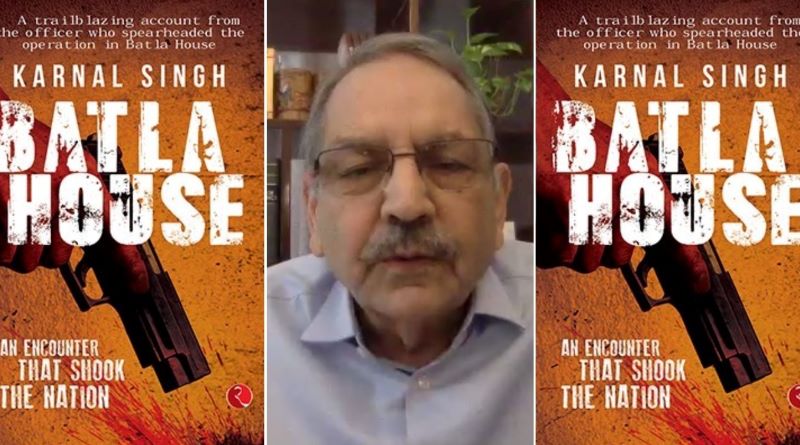 Batla House Encounter
Batla House Encounter
My book Batla House also tells how difficult it is to investigate terrorists-related cases: Retd. IPS officer Karnal Singh
Retired Indian Police Service (IPS) officer and former Enforcement Directorate (ED) chief, Karnal Singh, was a part of the special team of Delhi Police, which had carried out the much debated encounter of terrorists in Batla House in the national capital in 2008. In an interaction with Ehsaas Woman of Mumbai Ketki Bhatia in the latest edition of An Author's Afternoon, hosted by Prabha Khaitan Foundation and presented by Shree Cement, Singh spoke about his book Batla House where he wrote about the encounter extensively. IBNS-TWF correspondent Souvik Ghosh brings excerpts of the interaction
Can you begin telling us a little bit about your book?
The book is centred around the Batla House encounter which is the most debated encounter even at the present time. I had started the book on Sept 13 (Sept 13, 2008) when the blast took place in Delhi and then gave the account of how the investigations proceeded. My book is about the encounter, the death of one of the most decorated police officers, (Inspector) Mohan Chand Sharma and what had happened thereafter. I have also included (in the book) how and why the Indian Mujahideen was created.
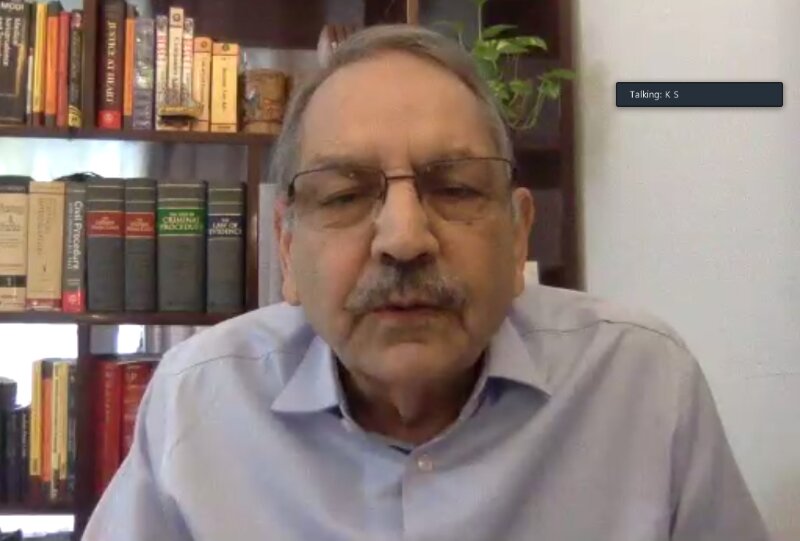
But what made you write this book almost 12 years after the incident?
I have felt that despite all the information being in the public domain, it is still being debated. Firstly, I wanted to put all the facts in the public domain to the masses because everybody doesn't know the intricate details. Secondly, I also wanted to present what difficulties are faced (in the encounters) by the teams (any anti-terrorist cell or any other special team or NIA). I also wanted to bring out how difficult it is to investigate the terrorists-related cases.
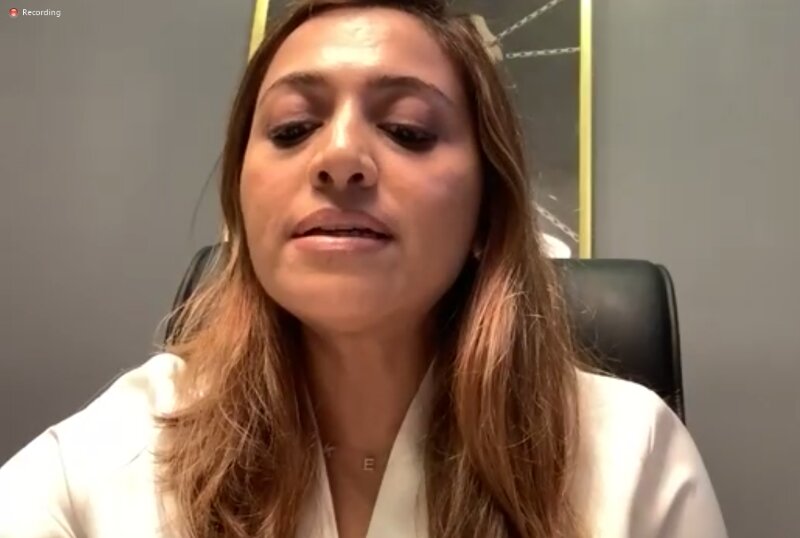
You have spoken in the book about the partisan media coverage that had adversely impacted the police officers. Can you tell us a little bit about this at a time the media coverage of Bollywood star Sushant Singh Rajput's death is facing questions?
There is a difference between police and media in terms of facts presentation. Police after investigation present facts and evidence before the court which does the trial while the opposite party has the right to present its views. So the court listens to both the sides. Now the media presents the information and evidence before the public who do not have the opportunity to listen to the other side. So the perception created by the media becomes the reality for the people. Therefore in my opinion, the media has far greater responsibility towards the public than even the investigating agencies because the other side doesn't have the opportunity to talk (in the media).
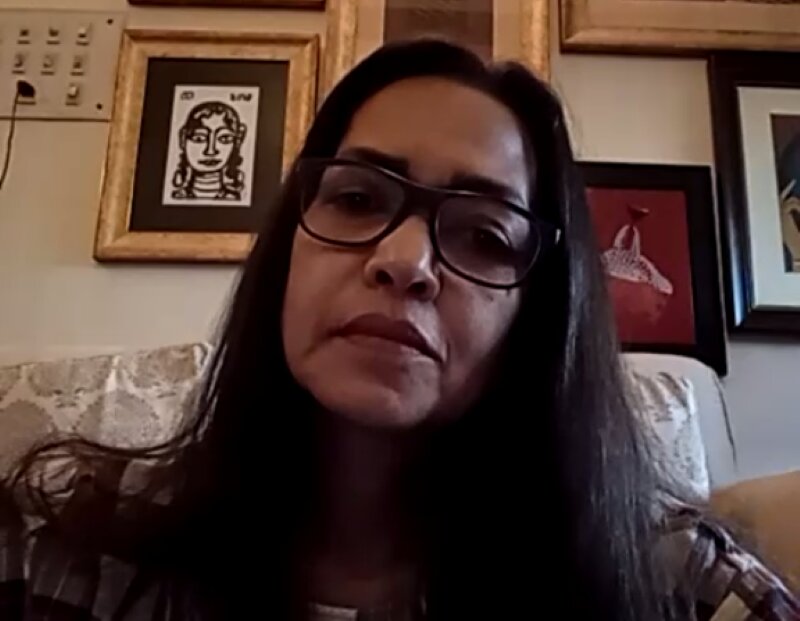
Sometimes, the media does not get full information and the gap is filled with rumours occasionally. In my opinion, the media should have certain regulations to itself regarding what, why and how the facts should be presented. Also the investigation agencies should only give that information which doesn't harm their probe further. Unless we have self-control, we may be presenting wrong facts and evidence before the public.
Is there any political pressure in disclosing any fact to the public?
There is no political pressure. Some investigating officers convey to the media any information and ask them not to quote them. Now the media should understand that a particular information may not be a complete truth if a particular police officer doesn't want to get quoted. Police officers and the media must have training in revealing and presenting facts respectively.
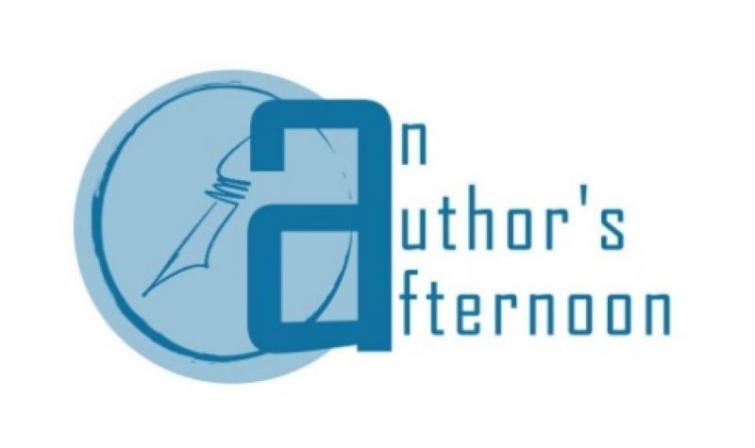
After the Batla House encounter, you were ordered by the Home Ministry to completely avoid interactions with the media. What are the risks of completely cutting off media interactions especially in such a high profile case?
The risks are immense actually because the media needs information to present before the public and the investigating agency was not giving anything. The media will fill up this space with rumours or incorrect information. In that scenario, rumour mongering starts. There is a risk that the media will present wrong witnesses also (before the audience). The communication gap gets filled with rumours, leading to immense problems.
In this encounter, you lost a very decorated, respected office, Inspector Mohan Chand Sharma. Can you tell us a little bit about him and also tell us how you felt when your own department was accused of encountering one of your own officers.
Mohan (Inspector Mohan Chand Sharma) was an excellent officer. He knew well about technical and human intelligence. I rate him as one of the best in the country. He was very close to me and was also brave. He led a number of operations including neutralisation of 35 terrorists and 40 gangsters. His passing away was a big loss to this special cell and as well as Delhi Police. Actually it was his hard work which had led us to the Batla House location. I wrote about him in the book extensively because it (Batla House location) was his discovery.

Inspector Mohan Chand Sharma was very close-knit to his team. It was very painful for our team to receive the allegation of encountering him. Mohan's wife had asked me about the real reason behind her husband's death. Mohan's wife never raised any question after I told her that it was the bullets of the terrorists during the encounter that had led to the officer's death.
Support Our Journalism
We cannot do without you.. your contribution supports unbiased journalism
IBNS is not driven by any ism- not wokeism, not racism, not skewed secularism, not hyper right-wing or left liberal ideals, nor by any hardline religious beliefs or hyper nationalism. We want to serve you good old objective news, as they are. We do not judge or preach. We let people decide for themselves. We only try to present factual and well-sourced news.







